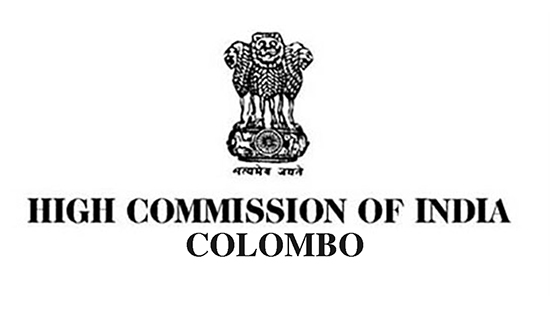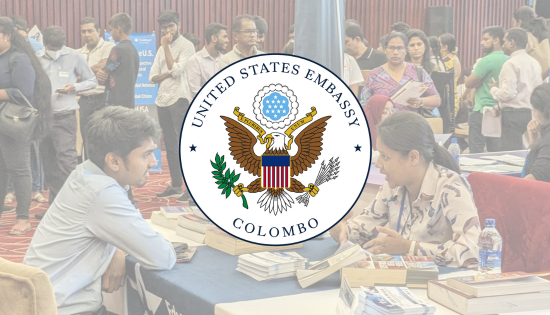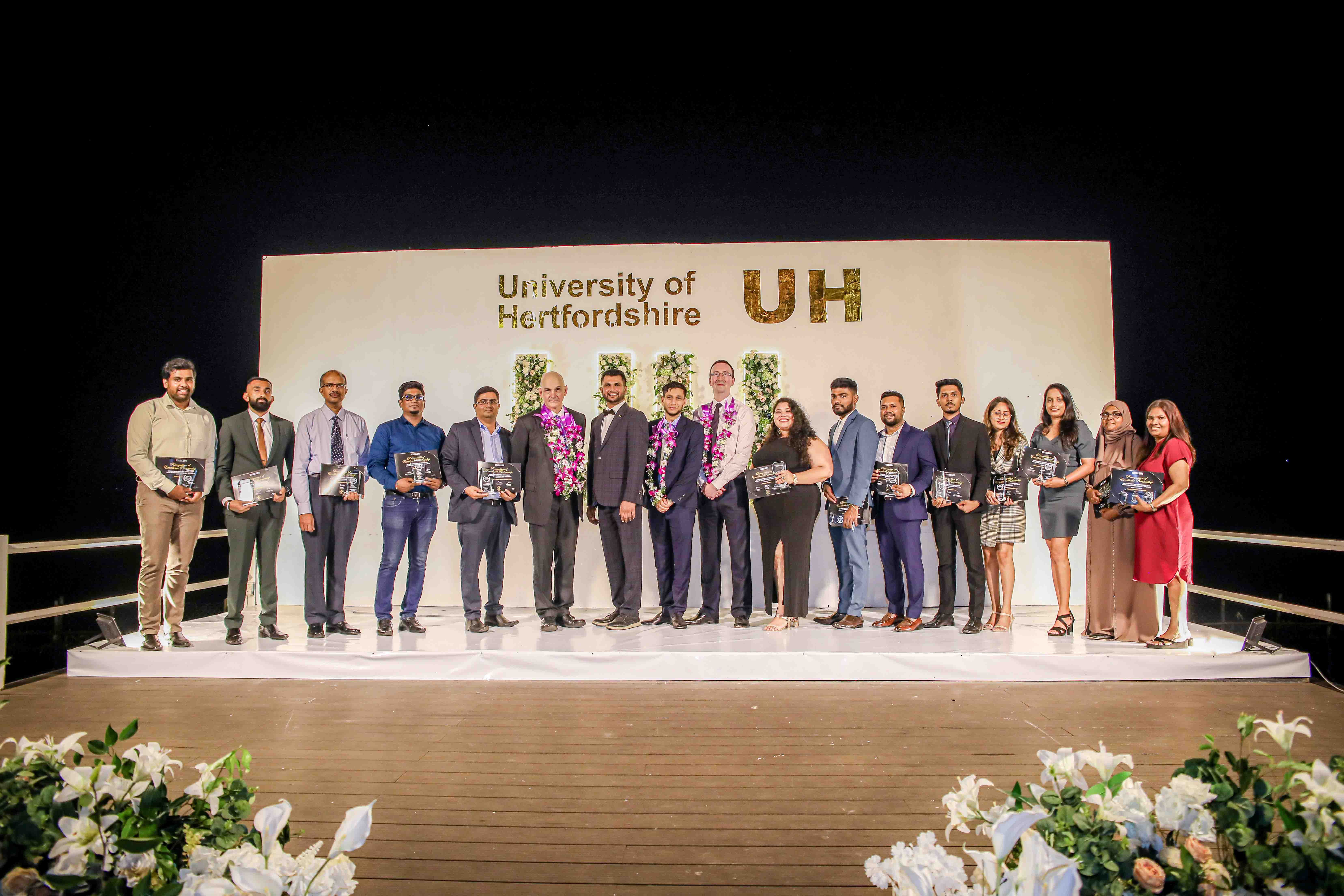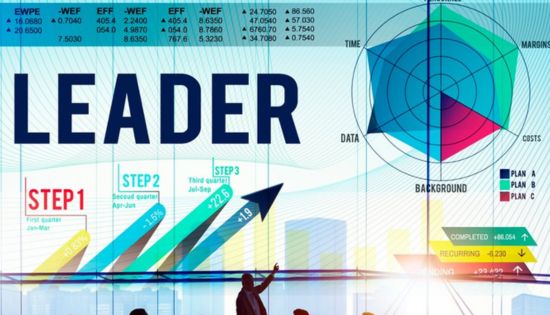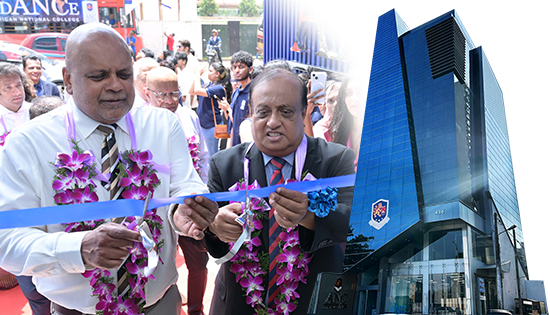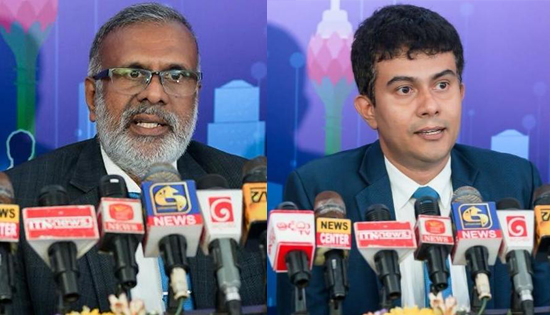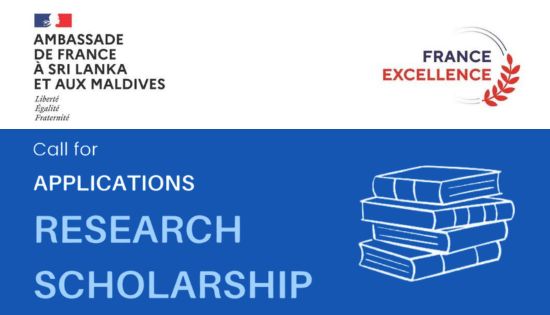Choosing the Right Path for Your Child: Theoretical vs. Practical Learning
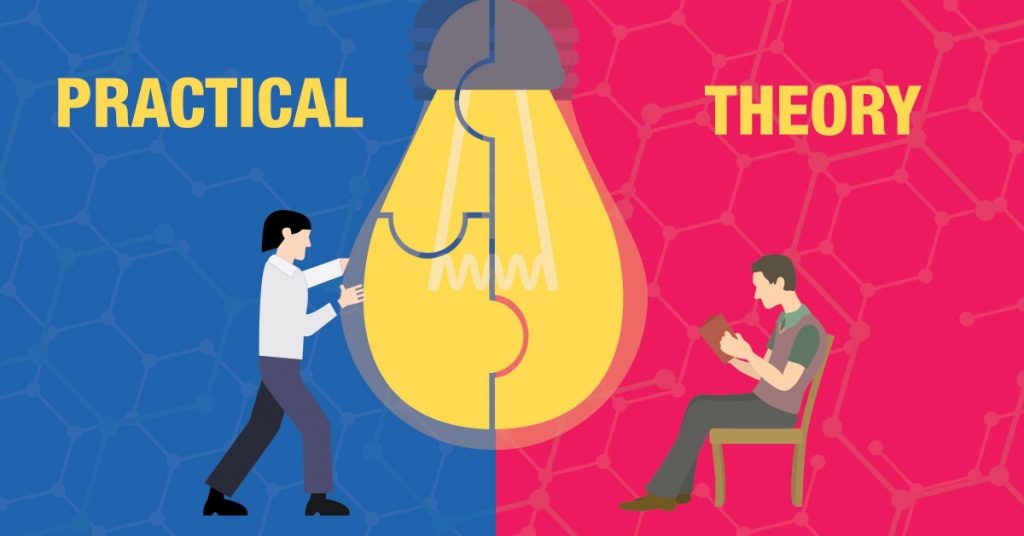
In the ever-evolving landscape of education, parents find themselves at a crossroads between theoretical and practical learning approaches for their children’s education. With global awareness on the rise, the quest for the finest education system becomes paramount. This decision is critical as it shapes the future learning path and ultimately, the success of our children. Traditionally, in countries like Sri Lanka, education has been heavily theoretical, focusing on rote learning and memorization. However, the winds of change are blowing, ushering in a new era of practical learning inspired by Western educational models.
The Essence of Theoretical Learning
Theoretical learning is the bedrock of education, offering a deep dive into the concepts, theories, and facts of various subjects. This form of learning is heavily reliant on textbooks, articles, and a vast array of written material, encouraging students to explore the “why” behind concepts. It’s a journey through the minds of those who came before us, understanding their thoughts, innovations, and the rationale behind their actions. Theoretical learning isn’t just about absorbing information; it’s about developing a critical thinking framework, enabling students to analyze and question the information presented to them.
Benefits of Theoretical Learning
Foundation for Innovation: It provides a vast reservoir of knowledge, enabling students to innovate and build upon existing ideas.
Analytical Skills: Encourages critical thinking and analytical skills, allowing students to understand complex problems and devise solutions.
In-depth Understanding: Offers a comprehensive understanding of subjects, setting the stage for practical application.
Flexibility in Learning: Allows students to learn at their own pace, exploring as much or as little as they wish.
The World of Practical Learning
On the flip side, practical learning emphasizes “learning by doing.” It’s an approach that prepares students for real-world challenges, transforming theoretical knowledge into tangible skills. This mode of learning prioritizes hands-on experience, problem-solving, and active participation. It’s about bringing concepts to life, applying theories in real-world scenarios, and mastering skills through repetition and application.
Advantages of Practical Learning
Retention through Experience: Practical learning ensures long-term retention of skills, as hands-on experience cements knowledge.
Preparation for Real-world Challenges: Equips students with the necessary skills to tackle real-life situations effectively.
Engagement and Innovation: Promotes a dynamic learning environment, encouraging creativity, and innovative thinking.
Skill Development: Focuses on the development of specific skills, making students proficient and job-ready.
Bridging the Gap: A Blended Approach
The dichotomy between theoretical and practical learning is not as wide as it seems. In fact, the most effective education systems are those that integrate both approaches. Theoretical knowledge provides the foundation and context, while practical experience allows students to apply and test this knowledge in real-life situations. This holistic approach fosters a well-rounded understanding, ensuring that students are not only knowledgeable but also capable of applying their knowledge effectively.
Which Path Should Schools Take?
The Sri Lankan education system, historically skewed towards theoretical learning, is gradually recognizing the importance of a blended approach. Progressive schools are incorporating practical learning experiences, providing students with a more balanced and comprehensive education. This combined approach not only enhances learning outcomes but also prepares students for the complexities of the modern world.
The Best of Both Worlds for Your Child
As parents, the choice between theoretical and practical learning is not a binary one. The optimal educational path for your child incorporates elements of both. Theoretical learning offers depth and breadth of knowledge, while practical learning brings this knowledge to life, ensuring skills are not just learned but mastered. The future demands individuals who are not only thinkers but doers – those who can innovate, apply, and adapt.
In conclusion, the debate between theoretical and practical learning is not about choosing one over the other but understanding how each complements the other. The best education for your child is one that prepares them for the future, equipping them with the knowledge to understand the world and the skills to change it. As citizens and parents in this country, our role should be to guide our children through this integrated learning journey, ensuring they emerge as well-rounded individuals ready to take on the challenges of tomorrow.
- SW – Suggestion by Team Eduwire to Make a Better Tomorrow
Related News
Commanding Respect, Not Fear: The Modern Leader’s Approach to Team Management
Influence, vision and the capacity to lead a group of people toward shared objectives are more important components of effective leadership than…
Read MoreRedefining Education: ANC Launches Futuristic Academic Hub in the Heart of Colombo
A Bold Leap into the Future of Higher Education April 21st, 2025 – ANC Education, Sri Lanka’s pioneering private higher education provider…
Read MoreA Vision Beyond Limits: The Inspiring Educational Journey of Deshamanya Dr. Nilu Anandappa”
Dr. Nilu Anandappa In a world where education often revolves around rigid systems and exam scores, few educators rise as true pioneers…
Read MoreCSSL Announces NITC 2025: Shaping Sri Lanka’s Digital Future with Society 5.0
The Computer Society of Sri Lanka (CSSL) proudly announced the 43rd edition of the National IT Conference (NITC) 2025, the country’s premier…
Read MoreApply Now: French Embassy Research Scholarships 2025 Open for Applications
The French Embassy in Sri Lanka and the Maldives is proud to announce the opening of its annual call for applications to…
Read MoreCourses
-

IMC – Bachelor of Psychology
IMC Education Overview IMC Campus in partnership with Lincoln University College (LUC) Malaysia offers Bachelor of Psychology Degree right here in Sri… -

ANC – BA (Hons) International Business Management (Top-Up)
ANC Education Overview Designed in partnership with public and private business organizations, this program develops one’s ability to critically evaluate business models… -

IIT – BSc (Hons) Computer Science
IIT Campus Overview BSc (Hons) Computer Science provides a solid foundation and training regarding the fundamentals of the computer science field, along… -

APIIT – BSc (Hons) Cyber Security
APIIT Sri Lanka Overview Our BSc (Hons) Cyber Security award is designed to launch your future career in the protection of software… -

ICBS – BSC (Hons) Business Management with Marketing Management
ICBS Overview The BSc (Hons) Business Management with Marketing program, awarded by Queen Margaret University (QMU), is a highly regarded degree that… -

UTS – Diploma of Science
UTS College Sri Lanka Overview The Diploma of Science is designed to empower you to apply scientific thinking and analysis to important… -

CSA – Master of Architecture and Environmental Design
City School of Architecture Overview The Master of Architecture and Environmental Design Degree at CSA is awarded by the University of the… -

APIIT – BSc (Hons) International Business Management
APIIT Sri Lanka Overview Increasingly businesses are becoming more and more international. This requires business management professionals to have knowledge, skills and… -

IIT – BSc (Hons) Artificial Intelligence And Data Science
IIT Campus Overview The BSc (Hons) Artificial Intelligence and Data Science course is awarded by Robert Gordon University (RGU) in the UK… -

ICBS – International Degree Foundation in Business / IT
ICBS Overview The Scottish Qualification Authority (SQA) is a globally recognized organization dedicated to education and qualification development. SQA is responsible for… -

APIIT – BA (Hons) Finance and Business Enterprise
APIIT Sri Lanka Overview Finance and accounting are no longer just about taxation and the management of financial capital. This award will… -

APIIT – MBA General
APIIT Sri Lanka Overview The MBA is awarded by Staffordshire University, UK. This award is an advanced course of study in management… -

ANC – LLM in International Business & Commercial Law
ANC Education Overview This course is designed for graduates of law, business and finance in a legal or a corporate job role… -

AOD – BA (Hons) Fashion Design and Marketing
Academy of Design Overview The syllabus is from the UK’s Northumbria University, as one of their most revered flagship programmes and is… -

APIIT – MSc. Marketing Management
APIIT Sri Lanka Overview This MSc Marketing Management degree – awarded by Staffordshire University, UK is an advanced course of study in…
Newswire
-
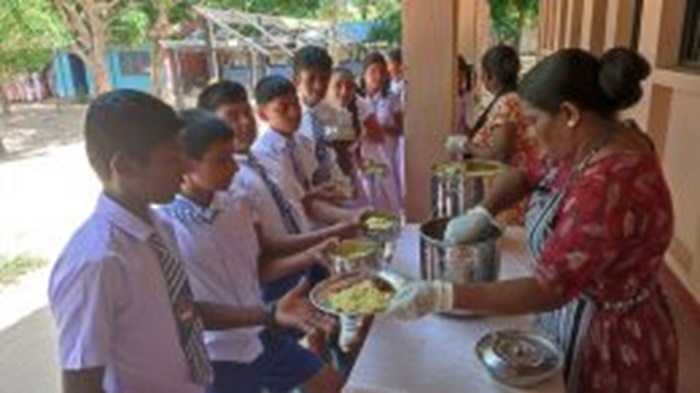
Rs. 32 billion allocated for School Meal Programme – Govt
ON: April 23, 2025 -

Uncontrollable Crowd in Kandy: Military steps in, New move from Police
ON: April 23, 2025 -
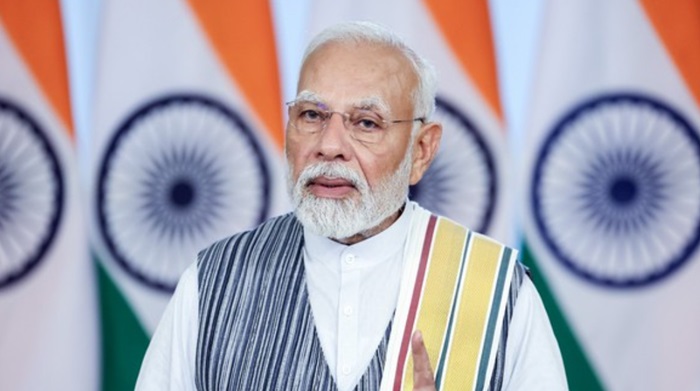
Terror attack : India’s takes action against Pakistan “Leave In 48 Hours”
ON: April 23, 2025 -

WATCH : Bizarre scenes at IPL as Ishan Kishan walks
ON: April 23, 2025


